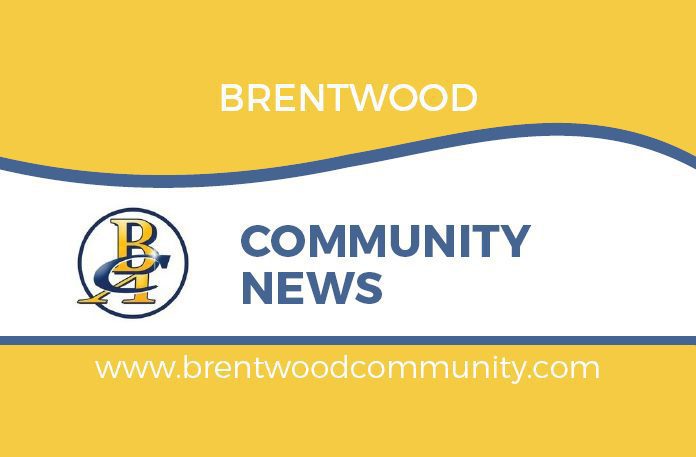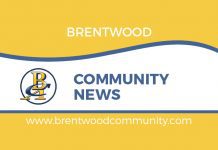by Rosemary Brown
Clayton Thomas Muller is an Indigenous environmental and economic justice advocate and activist. His memoir, Life in the City of Dirty Water, offers a winding journey, one that sometimes backtracks, through his early childhood, teen years, and life as an activist and father—and his reconnection to culture and tradition in order to heal.
His stories are vivid sketches of his life from his early summers spent on the trapline with his great grandparents and cousins to life in Brandon with a mother who, before she turned her life around was abused, and abusive, with excessive partying and drinking. He also recounts the happier times after his mother reached out for help, trained as a psychiatric nurse, and married Harry Muller who adopted Clayton.
He chronicles the racism he experienced in Brandon and later in BC, his years committing petty crimes, his involvement with gangs and drugs, the time he spent in prison, and afterwards in his late teens how he became politicized and began life as an activist.
The latter part of this journey began when, at his mother’s urging, he began participation in a variety of programs at the Aboriginal Friendship Centre in Winnipeg. I found this part of the memoir fascinating, as the Centre brought in Indigenous speakers who addressed a range of topics related to colonization, Indigenous rights, and the impact of resource extraction industries upon Indigenous communities. There were ongoing passionate discussions with other participants about the issues raised and from these emerged an Indigenous youth movement that Clayton played a key role in building. He relates his experiences meeting Indigenous leaders and non-Indigenous politicians from all levels of government across the country. He describes how he was mentored, and details a significant trip made with one of these mentors to Chiapas, Mexico.
As a youth organizer he began speaking out publicly about environmental racism and the need to organize against the suppression of Indigenous rights by those seeking to profit from the exploitation of Indigenous lands and resources. Doing so brought him to the attention of environmental organizations and offers of work.
What follows is an interesting account of his 12 years with the Indigenous Environmental Network, travelling across the United States to assist Indigenous communities defending their lands and resources. During the last six years, his major focus has been the tar sands in northern Alberta. He describes his work with organizing, litigation, media campaigns, and lobbying, as well as the successes and failures of these struggles. He is frank about the stresses and strains of the work, the divisions that exist among environmental activists, and the lateral violence experienced among Indigenous activists.
Interspersed throughout the stories of these years are anecdotes about his ongoing efforts to reconnect to his Cree culture. Although he is a member of the Mathias Columb First Nation in northern Manitoba, he had been cut off from the land and his culture upon the death of his great grandparents and the cessation of visits to the trapline. He shares his experiences with Elders, sweat lodges, ceremony, and the Sun Dance, and his struggle to overcome the anger that was always with him, and to find healing. Writing this book and sharing his stories has been part of that healing process.
Also revealing and tender are his reflections on fatherhood and what it is like to raise two young boys with his wife. For them and for all of us, Clayton ends the book with his vision of what could be if we resist the “Witigo, or spirit of nihilism”, to resist selfishness and to take care of each other, including the natural world around us.
Click here to the Brentwood Community News home page for the latest Brentwood community updates.











